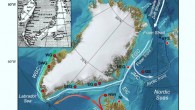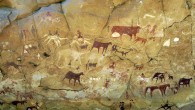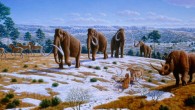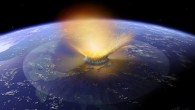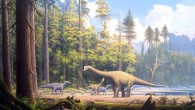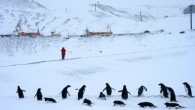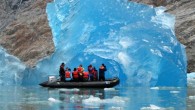At least six different species of the genus Homo — H. habilis, H. ergaster, H. erectus, H. heidelbergensis, H. neanderthalensis, and H. sapiens — populated the world during the latest Pliocene to the Pleistocene. The extinction of all but one of them is currently shrouded in mystery. According to a new modeling study, climate change was the primary factor in the extinction of past Homo species. A Homo heidelbergensis, a Neanderthal and...


